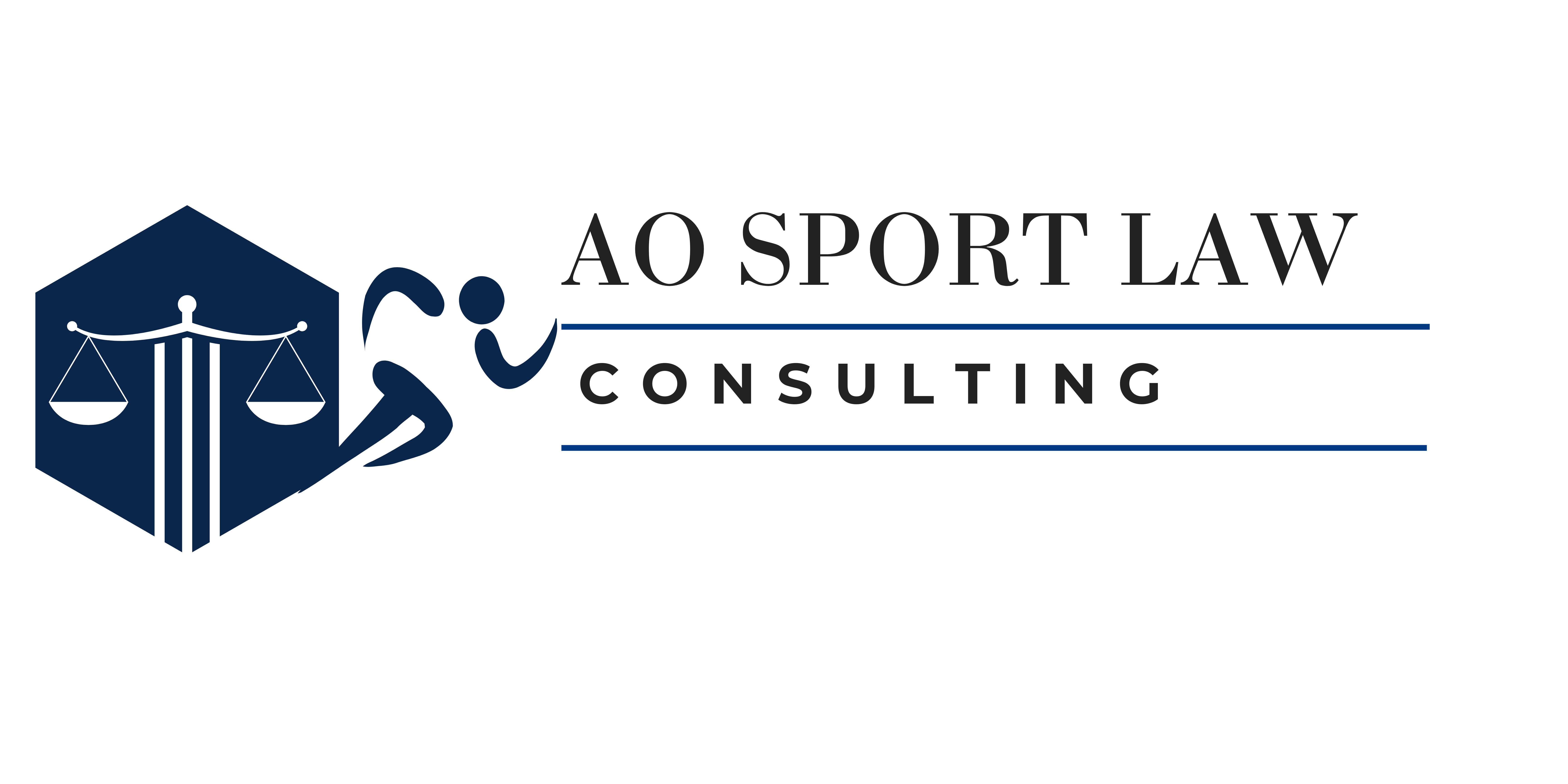By SBy Shojobi Abisola
International legal practitioner Adedotun Olusanya has emerged as a vocal advocate for comprehensive governance reform within FIFA, the global governing body for soccer.
With a focus on enhancing transparency and accountability, Olusanya’s expertise extends beyond traditional legal practice into the realm of sports governance.
His work underscores a commitment to promoting ethical standards and fostering positive developments within the sports industry on both local and international scales.
Olusanya’s passion for sports governance is deeply rooted in his belief in the unifying power of sports and its far-reaching societal impacts.
Central to his research endeavors is the exploration of governance structures aimed at improving transparency and accountability within organizations like FIFA.
His academic pursuits, including theses focused on reforming FIFA’s governance, reflect a dedication to promoting integrity and fairness in sports administration.
One of the key issues driving Olusanya’s advocacy is the indictment of several FIFA officials by the US Department of Justice (DOJ) between 2014 and 2018.
These indictments were based on allegations of official corruption related to the World Cup bids of 2018 and 2022, which were awarded to Russia and Qatar, respectively.
Olusanya views these events as a major conundrum requiring practical and international legal solutions.
In particular, Olusanya highlights the role of the US Foreign Corrupt Practices Act (FCPA) in enabling US authorities to prosecute corruption involving US entities or subjects.
Advertisement
While conceding that the United States loss of the World Cup hosting rights of 2022 to Qatar may have been the strongest factor leading to the investigation and indictments of FIFA officials, he emphasizes the fact the United States has the legal basis for its actions through Foreign and Corrupt Practices Act (FCPA).
The FCPA is essentially a federal legislation that enforced by the U.S. Department of Justice (DOJ), which prohibits payments, gifts, or even offers of “anything of value” to a “foreign official” for the purpose of influencing the official or otherwise “securing any improper advantage” in obtaining, retaining or directing business.
Most of the financial transactions involved in the FIFA world-cup bid scandals involved US financial institutions and this was the basis for the DOJ’s investigations leading to eventual indictments and plea-bargain deals with the affected FIFA officials. He makes an important distinction.
“Again, while the DOJ was heavily criticized in the International Law circle due to an established principle in International Law that no domestic law should have extra-territorial effects the way the American FCPA had, the adverse consequence of this argument was that FIFA would have been unaccountable to any institution or even sovereign governments as FIFA had practically become a law unto itself before the investigations. That said, the reality of the FCPA is that it gives the DOJ the capacity to prosecute any act of official corruption of foreign government officials to assist in obtaining or retaining business. In reality, American businesses are inherently international in nature and we can only imagine the attendant consequences if the US government are unable to regulate American citizens and entities”.
Olusanya’s advocacy extends beyond legal frameworks to encompass broader governance reforms within FIFA.
Specifically, he recommends reducing FIFA’s reliance on its European governance model and incorporating practices such as official government funding, particularly in developing countries.
Excluding government involvement, especially in developing nations like Nigeria, from FIFA’s governance, according to Olusanya, undermines accountability and transparency. He warns that without holistic reforms, scandals involving FIFA are likely to recur in the future.
Olusanya urges sovereign states and corporate sponsors to support comprehensive reforms to prevent misuse of funds, particularly in the context of World Cup bidding and hosting.
Reflecting on his personal journey as an international legal professional, Olusanya emphasizes the importance of adaptability and client-centricity across diverse legal systems.
He draws parallels between Nigerian and American criminal justice systems, highlighting the need for improved coordination and efficiency to uphold the rights of accused individuals.
In conclusion, Olusanya’s advocacy for holistic governance reform in FIFA underscores the importance of transparency, accountability, and inclusivity in sports administration.
Source: https://independent.ng/adedotun-olusanya-calls-for-holistic-governance-reform-in-fifa/

